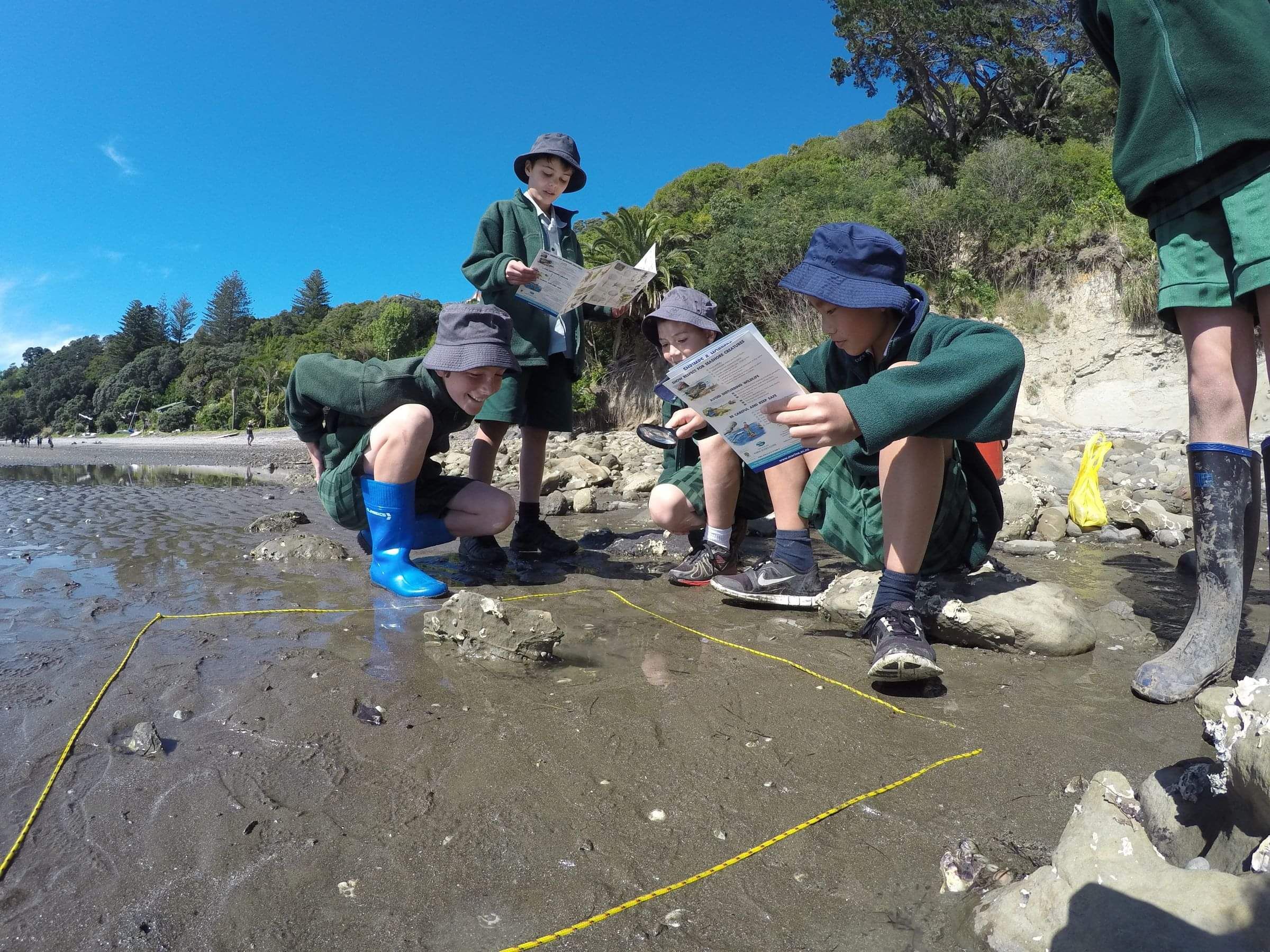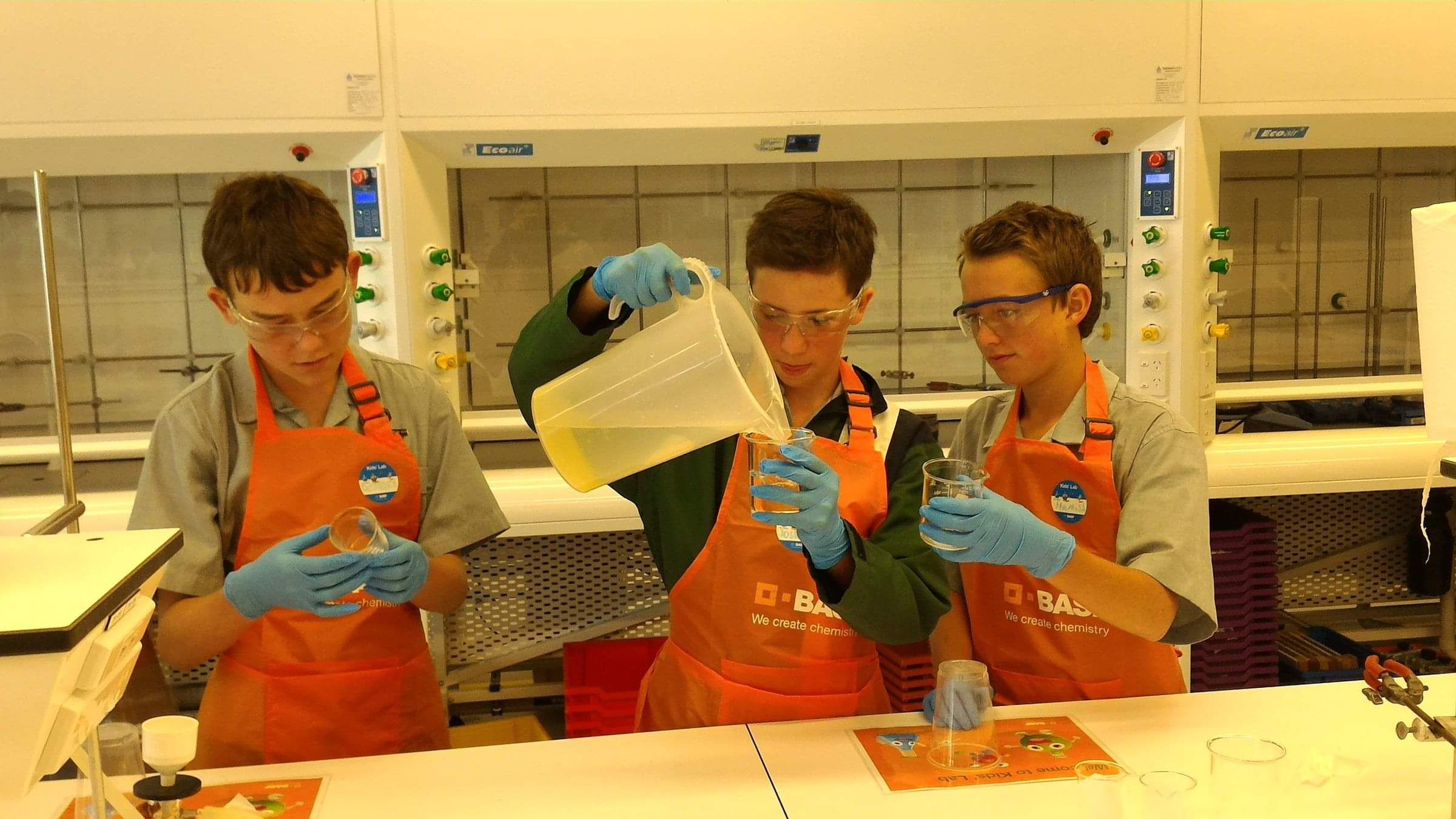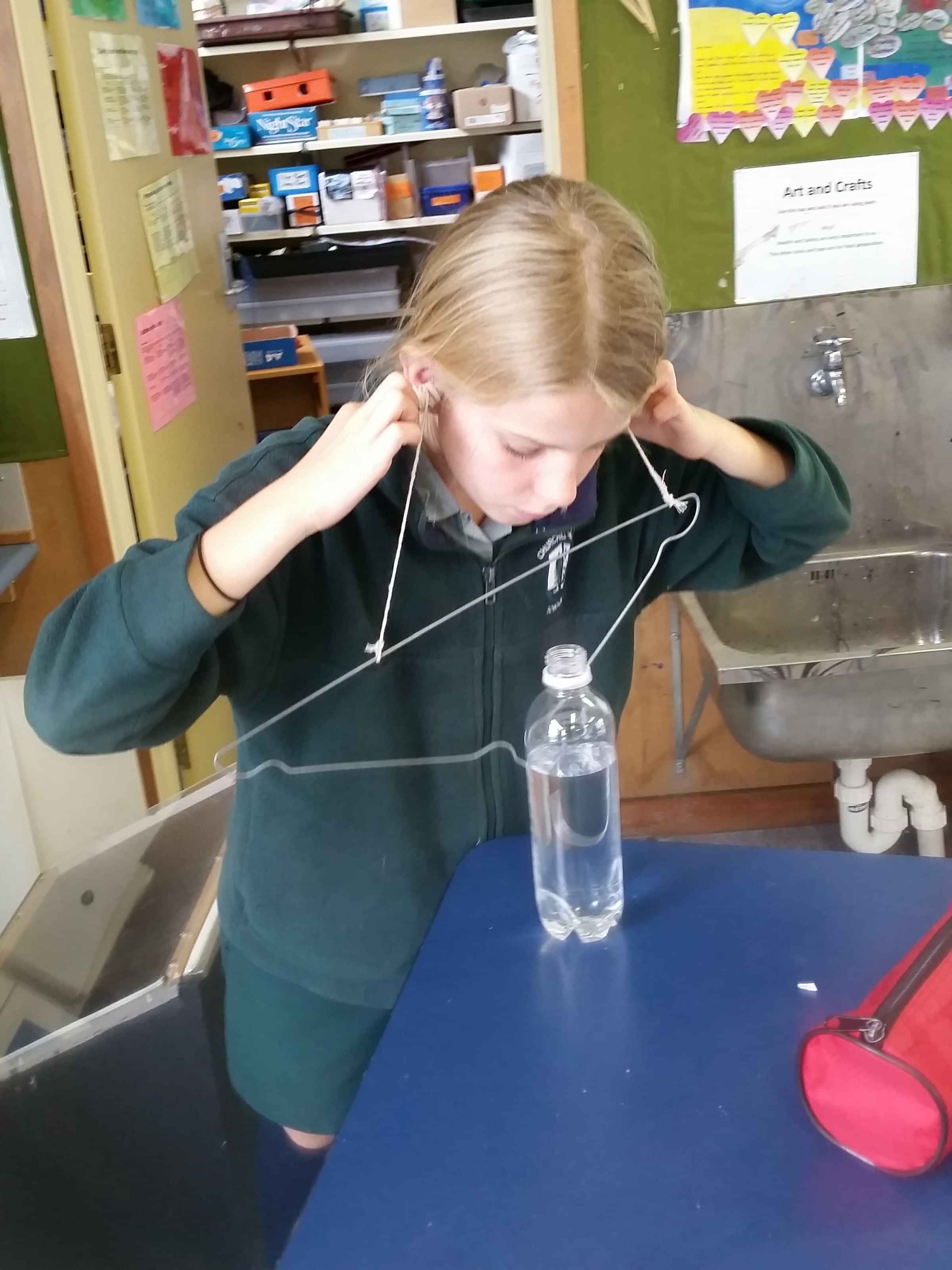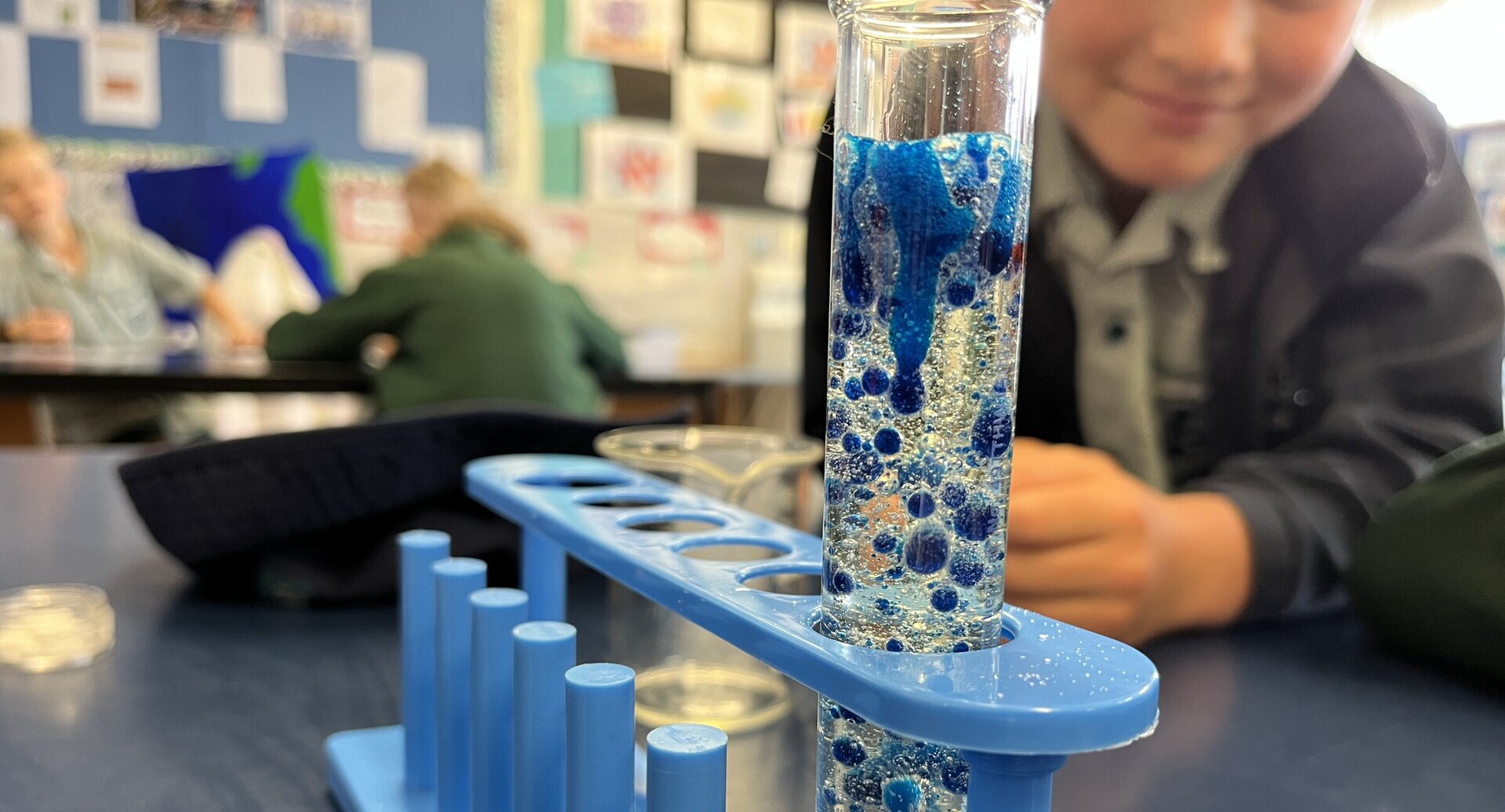Science is a way of thinking. The school's focus is in developing students who think like scientists, balanced with a body of knowledge which is developed through a range of processes.
The teaching of science has a strong focus on developing the science capabilities, which are:
gathering and interpreting data, using and critiquing evidence, interpreting representations and engaging with science. Science is taught throughout the school, and in the Years 7 and 8 by our science specialist for one hour per week.
At Churchill Park School we follow the guidelines of the New Zealand Curriculum. The aim is to develop
scientifically literate students who learn to participate in society as responsible citizens.
There is a culture of curiosity throughout the school. You will see students observing the world around them, hear them talking about their prior experiences, and linking this to new learning.
Their questions will be bountiful, not just to find out more knowledge but to further inquire into the information they find.
We are fortunate to have an environment which surrounds us with natural learning resources: the school wetlands, forest, neighbouring farm, marine environment, nearby streams, Tahuna Torea, and all the life processes that live within them.
We often have outside experts working alongside and presenting to the students, and we make links with industries. These act as catalysts for deeper learning and engagement of students.
Our school learner qualities are woven into the Nature of Science. (LINK HERE TO CURRICULUM) We prompt students to think about how they are like scientists. The students work together to find evidence to support their ideas (team work). They use scientific language and symbols and look at a range of resources (communicate). They build on prior experiences, and they share their and others' knowledge in creative ways (creators). They use their growing science knowledge when considering issues of concern to our environment and society (problem solvers). The students are encouraged to speak out, try out new ideas, become involved in external competitions, and ask the tricky questions (risk taker).



